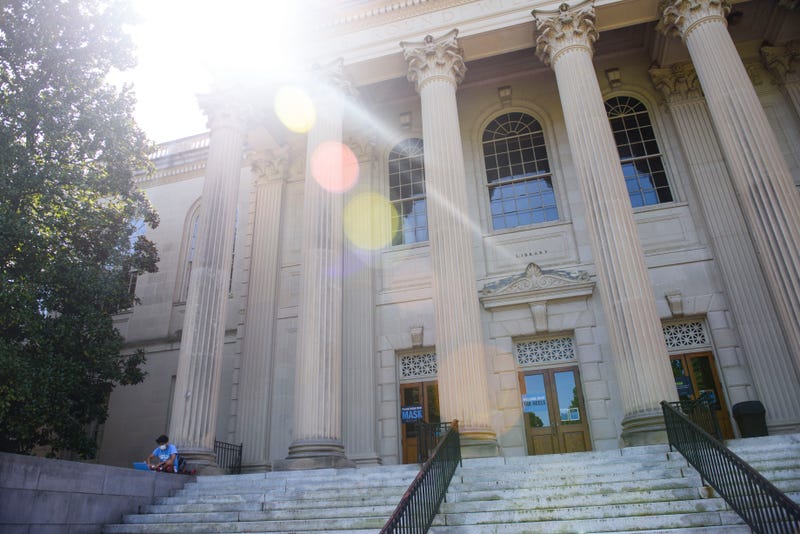
A lawsuit brought against the University of North Carolina could impact admission at the state’s oldest higher learning institution. Students for Fair Admissions, an anti-affirmative-action group, took up their case against UNC in a Winston-Salem, N.C. federal court on Monday.
“In his opening statement, Patrick Strawbridge, the lawyer for Students for Fair Admissions, asserted that the university considered race in a heavy-handed, formulaic way that had given a large boost to Black, Hispanic and Native American students, while discriminating against white and Asian-American applicants,” the New York Times reported.
Strawbridge argued the University’s formula for students to be admitted was “possible to predict with more than 90 percent accuracy” and the university’s admissions office takes race into account, he said, “even when it is not mentioned anywhere else in the application file other than the box the applicant checked at the time they applied.”
This case is not an unprecedent move for those involved. The Trump administration has stepped in the middle of legal battles to change affirmative-action policies as well. They’ve challenged Yale directly, and supported another case by Students for Fair Admissions against Harvard indirectly, citing the same systematic disadvantage for some applicants.
The case against UNC opens a pathway for arguments to be presented in front of the U.S. Supreme Court, where a 6-3 conservative majority could dismantle the policies and lead to discrimination that affirmative-action was put in place to protect against.
“The university’s lawyer, Patrick Fitzgerald, countered that admissions were highly individualized, as required by Supreme Court precedent, and that the judgment of admissions officers was at the core of the process,” According to the New York Times.
“He said race was “a factor to be considered along with so many other things,” including grades, extracurricular activities and essays.
The personal stories of applicants are important as well, he said, including things like “obstacles overcome, grit, determination.”
The case is being presented to Judge Loretta C. Biggs, who realized the significance of the arguments coming at this time of uncertainty in the nation.
“This is a very important case, with some significant constitutional issues,” Judge Biggs said as the trial was about to begin, with social distancing and remote audio in force. “The court believes that it is absolutely necessary that we move forward at this time.”
The Supreme Court may choose to hear the case on the basis of public vs. private institutions, weighing the constitutional grounds between the two.
